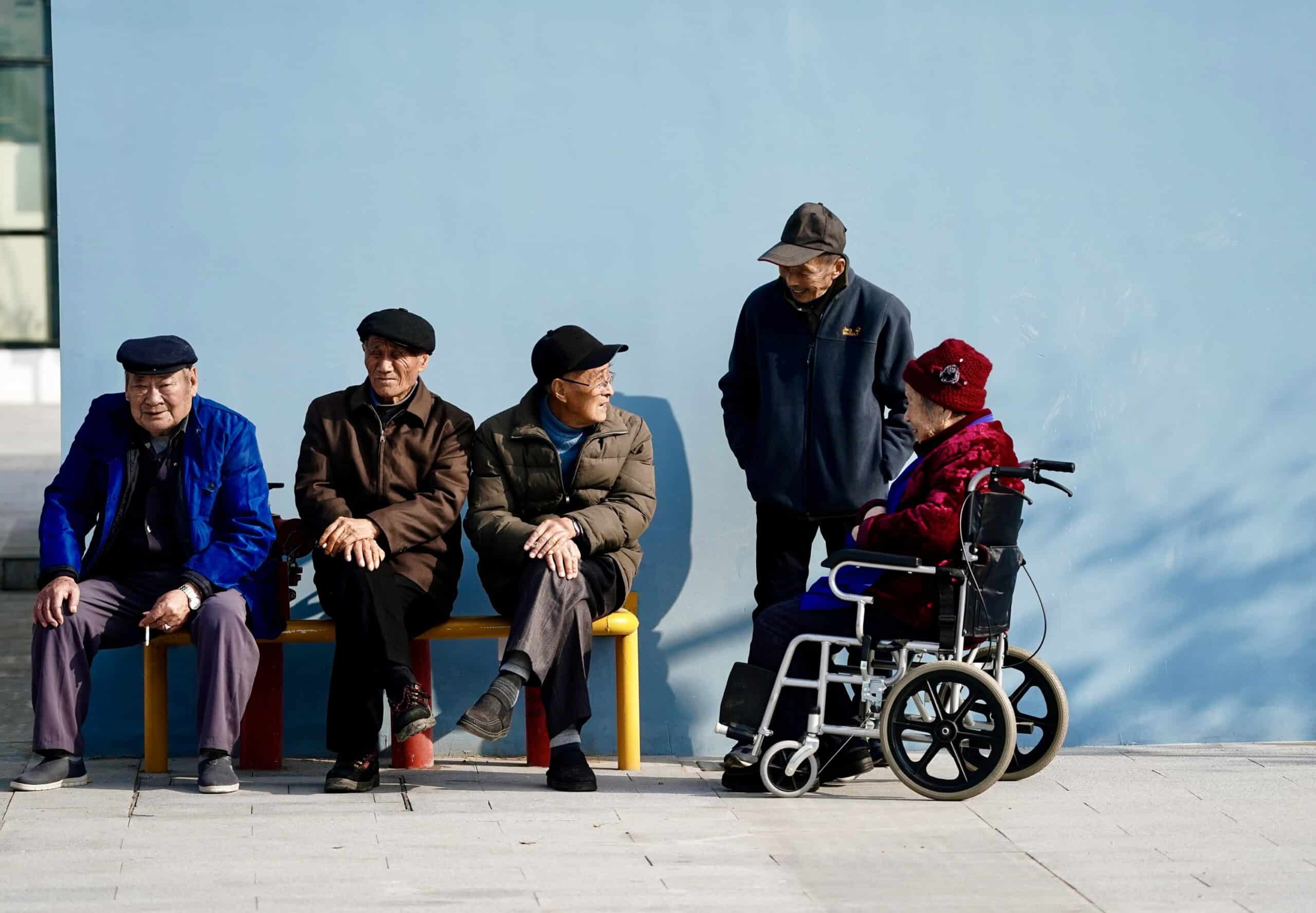To borrow from Rudyard Kipling, what do they know of China who only China know? While The Wire’s books column has mostly highlighted new books about the People’s Republic itself, this month’s edition takes a slightly different tack — focusing on China’s relations with countries around its border. This decade will define the alliances and strategies that Asian nations form to deal with — or profit from — China’s growing clout, and having a good understanding of those regional relationships is essential for anyone outside looking to understand contemporary Asia, or do business in it.
Our top pick covers a litany of Southeast Asian nations, while the shortlist encompasses India, Japan, and the Belt and Road Initiative. All highlight China’s challenge of negotiating relations with its neighbors in an era of rising mistrust.
The One to Read
In the Dragon’s Shadow: Southeast Asia in the Chinese Century by Sebastian Strangio
One of the most notable examples of China’s influence abroad is in Southeast Asia. Kingdoms in the region historically used to pay tribute to the Chinese emperor — dues that Xi Jinping arguably sees as payable again in terms of political and infrastructure deals. This book takes a birds-eye view of this corner of Asia and its modern relations to China. Chapters take in the whole spectrum of the region: Vietnam, Cambodia and Laos, Thailand, Burma, Singapore, Malaysia, Indonesia, and the Philippines. There is a special focus on the contested claims over the South China Sea, and new railways under construction. The choice posed to each nation is clear, if not explicit: work within Beijing’s rules, or stagnate outside them. Strangio, who spent over a decade in the region, knows his terrain well and guides us through the particularities of each country’s choice, or dilemma, with an eye to the big picture of the Indo-Pacific.
Sept. 22, 2020 | Yale University Press. $30.00. | Buy
The Shortlist
India’s China Challenge: A Journey through China’s Rise by Ananth Krishnan
China’s relationship with its largest regional rival, India, has been especially fraught of late in the wake of clashes over disputed territories in the Himalayas. Not since the 1960s have the two giants of Asia been at such loggerheads, which is why journalist Ananth Krishnan’s new book is so timely. Drawing on a decade of reporting from the mainland, he separates the challenge for India into four sectors: political, military, economic and “conceptual.” Through a mosaic of on-the-ground details, a comprehensive picture emerges of a rivalry that will dominate the decades to come, and determine China’s regional clout.
Sept. 30, 2020 | HarperCollins India. $28.95. | Buy
The Iconoclast: Shinzo Abe and the New Japan by Tobias Harris
It might seem odd to include a biography of Japan’s recently resigned Prime Minister on a list of new China books. Yet Japan is another key player in the new Great Game of Asia, and its policies set by Abe had a large role in determining its relations with China. Abe’s Japan presented a tougher challenge to China’s influence than previous administrations, while the monetary easing and aggressive fiscal reforms of “Abenomics” offered a new model. This biography lays out his rise to power, sudden fall, and resurrection — and in so doing offers a blueprint for Japan’s likely Asia policy in the future.
Oct. 1, 2020 | Hurst. $32.00. | Buy
The Emperor’s New Road: China and the Project of the Century by Jonathan E. Hillman
The Belt and Road Initiative looms over all of China’s global expansions and relations; any list of Beijing’s Asian ambitions would be incomplete without mention of it. In this new primer — one of several out this year — Hillman lays out the terrain of the New Silk Road, which takes in over 130 countries and pledges upwards up a trillion dollars in investment, as well as the differing perspectives of it around the world. In the process he corrects some important misconceptions, and argues that Beijing is positioning itself at the center of the new world order to replace Washington.
Sept. 29, 2020 | Yale University Press. $28.00. | Buy
Land of Strangers: The Civilizing Project in Qing Central Asia by Eric Schluessel
The final facet of China’s expanding influence comes — or rather came, according to this historical study — in what is now the PRC’s own territory to its far West. China gained control of the Muslim-majority region now known as Xinjiang at the end of the 19th century, and this book details the program of cultural and linguistic assimilation that followed — a Confucian form of colonialism that resonates with similar efforts in the restive region today. An invaluable reminder that for all of China’s enlargements of regional influence abroad, there is historical precedent at home.
Oct. 20, 2020 | Columbia University Press. Hardcover: $140.00, Paperback: $35.00. | Buy
In Case You Missed It
One Child: The Story of China’s Most Radical Experiment by Mei Fong
Although the one-child policy ended in 2016, the year this book came out, the long-lasting effects of China’s family planning are very much still relevant and worth the time of anyone who wants to understand the nation. Mei Fong uses a narrative touch to bring the story of the policy’s origins (in 1980) to life and appraises its potential benefits in poverty alleviation. But ultimately this is a scorching indictment of an unnecessary initiative which had devastating effects on those at the sharp end of its enforcement. Now, as China’s population ages, the economic risk of the demographic crunch it caused is also evident, and serves as a warning against social engineering.
Jan. 5, 2016 | Houghton Mifflin Harcourt. $27.00. | Buy
Guest Recommendation
Recommended by historian and China writer Jeremiah Jenne.
Autumn in the Heavenly Kingdom: China, the West, and the Epic Story of the Taiping Civil War by Stephen Platt
Stephen Platt is one of the most important English writers of large books on China. Autumn in the Heavenly Kingdom tells a relatively well-known tale of the young scholar Hong Xiuquan (1814–1864), who thought himself the younger brother of Jesus, and his followers who waged civil war against the Qing Empire in the Taiping Rebellion. What sets Platt’s book apart is his placing of the war into the broader context of global affairs in the 19th century. Platt connects the Taiping War with the American Civil War, imperial rivalry, international trade and diplomacy. Because of its global focus and excellent storytelling grounded in solid research, it has become one of my most often recommended books on the late Qing.
Dec. 11, 2012 | Knopf DoubleDay Publishing Group. $17.95. | Buy

Alec Ash is the books editor for The Wire. He is the author of Wish Lanterns. His work has also appeared in The Economist, BBC, SupChina, and Foreign Policy. @alecash
As an Amazon Associate, The Wire earns from qualifying purchases of books featured here.











